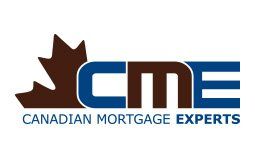6 Reasons to Refinance your Mortgage
DLC Canadian Mortgage Experts • January 26, 2021

Is now a good time to refinance your mortgage? Well, maybe! Interest rates are very low right now, and according to the bank of Canada, they will most likely remain low until at least 2023. So while everyone has different reasons to access their home equity, to a maximum of 80% of the property value, here are 6 reasons refinancing your mortgage might make sense to you.
Your mortgage is up for renewal anyway.
If your mortgage is up for renewal and you’re looking at a new term anyway, this is the perfect time to consider adding money to the balance outstanding as there won’t be a cost to break your existing mortgage. Breaking your mortgage mid-term will incur a penalty. Waiting until your term is up won’t.
It lowers your overall cost of borrowing.
The goal with any mortgage is to pay the least amount of money back to the lender as possible. When considering your mortgage options at the outset, this might mean taking the mortgage with the lowest rate, while it might also mean paying a little higher rate in favour of more flexible terms. It’s all about calculating the best option for you at that time.
When considering a refinance, it’s very similar. You should consider breaking your term anytime and paying the penalty if the terms on the new mortgage can save you more money in the coming years.
These aren’t calculations you can easily make on your own. However, in talking with an independent mortgage professional, you should be able to clearly assess if breaking your current mortgage will save you money in the long run.
To consolidate all your debts into one payment.
Life happens. Sometimes a financial reset is in order. If you have high-interest unsecured debt that is eating up your cash flow, bringing everything into one low payment secured by your mortgage could be a great option for you. Not only does this option give you breathing room in your daily life, but it will also help to protect your credit score if you are at risk of missing payments.
Debt restructuring is probably one of the most common reasons people refinance their mortgages.
To increase the value of your home.
Home renovations can be expensive. Saving up to renovate properly can take a long time. The idea of using your home equity to pay for renovations upfront, especially ones that increase the overall value of your home, can make a lot of financial sense.
Also, with more Canadians working from home due to the changes brought about by COVID-19, adding a home office or finishing a basement to increase the livable space in your home might be a great reason to refinance.
To build wealth through investing in property.
Purchasing a rental property can be a great way to build long term wealth. Although there can be some hassle involved in dealing with renters, having a tenant cover the mortgage cost as the property appreciates can be profitable long term.
Depending on your situation, purchasing a condo for your kids while they attend school is another option to invest in property. And while a vacation home might cost you financially, it can be considered a solid investment in your lifestyle.
If you have significant equity, consider a refinance of your existing property to come up with the funds or downpayment require to purchase another property.
Because you can do whatever you want with your money.
The equity you’ve built up in your home is money you have. However, to access that money, you'll either have to sell your home or borrow against it. And as it’s cold in Canada in the winter, having a home to live in is a good idea. So, if you’re looking to refinance your mortgage to access your equity, do it for whatever reason you like.
Maybe you want to start a new business, maybe you want to help a family member through hard times, maybe you want to help your kids pay for their education, or maybe you want to buy a Harley. The truth is, it doesn’t really matter what you do with the money, as long as you pay the lender back what you borrowed plus the interest.
Of course, with that said, some reasons to refinance might be a little bit better than others, but you can weigh the financial cost accordingly. However, as rates are really low right now, depending on the terms of your existing mortgage, a refinance might make sense.
If you’d like to talk about what a refinance looks like given your existing mortgage and financial situation, let’s do a cost/benefit analysis together. Please contact any of our Canadian Mortgage Experts anytime!
RECENT POSTS

Did you know there’s a program that allows you to use your RRSP to help come up with your downpayment to buy a home? It’s called the Home Buyer’s Plan (or HBP for short), and it’s made possible by the government of Canada. While the program is pretty straightforward, there are a few things you need to know. Your first home (with some exceptions) To qualify, you need to be buying your first home. However, when you look into the fine print, you find that technically, you must not have owned a home in the last four years or have lived in a house that your spouse owned in the previous four years. Another exception is for those with a disability or those helping someone with a disability. In this case, you can withdraw from an RRSP for a home purchase at any time. You have to pay back the RRSP You have 15 years to pay back the RRSP, and you start the second year after the withdrawal. While you won’t pay any tax on this particular withdrawal, it does come with some conditions. You’ll have to pay back the total amount you withdrew over 15 years. The CRA will send you an HBP Statement of Account every year to advise how much you owe the RRSP that year. Your repayments will not count as contributions as you’ve already received the tax break from those funds. Access to funds The funds you withdraw from the RRSP must have been there for at least 90 days. You can still technically withdraw the money from your RRSP and use it for your down-payment, but it won’t be tax-deductible and won’t be part of the HBP. You can access up to $35,000 individually or $70,00 per couple through the HBP. Please connect anytime if you’d like to know more about the HBP and how it could work for you as you plan your downpayment. It would be a pleasure to work with you.

If you’re new to the home buying process, it’s easy to get confused by some of the terms used. The purpose of this article is to clear up any confusion between the deposit and downpayment. What is a deposit? The deposit is the money included with a purchase contract as a sign of good faith when you offer to purchase a property. It’s the “consideration” that helps make up the contract and binds you to the agreement. Typically, you include a certified cheque or a bank draft that your real estate brokerage holds while negotiations are finalized when you offer to purchase a property. If your offer is accepted, your deposit is held in your Realtor’s trust account. If your offer is accepted and you commit to buying the property, your deposit is transferred to the lawyer’s trust account and included in your downpayment. If you aren’t able to reach an agreement, the deposit is refunded to you. However, if you commit to buying the property and don’t complete the transaction, your deposit could be forfeit to the seller. Your deposit goes ahead of the downpayment but makes up part of the downpayment. The amount you put forward as a deposit when negotiating the terms of a purchase contract is arbitrary, meaning there is no predefined or standard amount. Instead, it’s best to discuss this with your real estate professional as your deposit can be a negotiating factor in and of itself. A larger deposit may give you a better chance of having your offer accepted in a competitive situation. It also puts you on the hook for more if something changes down the line and you cannot complete the purchase. What is a downpayment? Your downpayment refers to the initial payment you make when buying a property through mortgage financing. In Canada, the minimum downpayment amount is 5%, as lenders can only lend up to 95% of the property’s value. Securing mortgage financing with anything less than 20% down is only made possible through mortgage default insurance. You can source your downpayment from your resources, the sale of a property, an RRSP, a gift from a family member, or borrowed funds. Example scenario Let’s say that you are looking to purchase a property worth $400k. You’re planning on making a downpayment of 10% or $40k. When you make the initial offer to buy the property, you put forward $10k as a deposit your real estate brokerage holds in their trust account. If everything checks out with the home inspection and you’re satisfied with financing, you can remove all conditions. Your $10k deposit is transferred to the lawyer’s trust account, where will add the remaining $30k for the downpayment. With your $40k downpayment made, once you sign the mortgage documents and cover the legal and closing costs, the lender will forward the remaining 90% in the form of a mortgage registered to your title, and you have officially purchased the property! If you have any questions about the difference between the deposit and the downpayment or any other mortgage terms, please connect anytime. It would be a pleasure to work with you.

